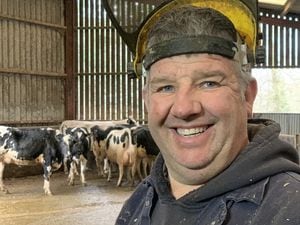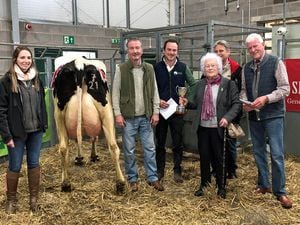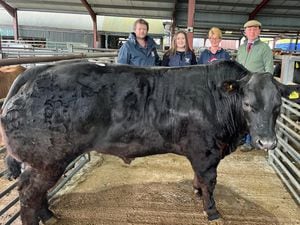Farmers need to act now as changes are coming
We continue to see Brexit in our headlines on almost a daily basis.

At times there seems to be very little progress being made. However, for agriculture, the government’s plans are starting to take shape and farmers need to start looking ahead to the changes that are proposed.
In less than five months’ time we will have officially left the EU and entered the transition period which, despite much rumour and speculation around extension, is agreed for just 21 months and ends on December 31, 2020. After that, we will enter a new age and, at present, we do not know what that will look like in terms of trade arrangements with the EU and the rest of the world.
For the agricultural sector, with the introduction of the Agriculture Bill in September, the key issue of future support for farmers has become much clearer, particularly with regard to direct aid – the current farm subsidy regime.
The Bill proposes a phasing out of direct aid from 2021 through to 2028 and also a de-linking from land farmed. Unless the proposal is amended, then by 2028 farmers will need to operate their businesses with no direct aid for the first time since the UK became subject to the Common Agricultural Policy as part of the then EEC in 1973.
The full detail is yet to come out. It is clear, however, that the UK government’s outline for future support for the sector will look very different to the Common Agricultural Policy. For those in any doubt, take a look at Minister Gove’s “Health and Harmony: the future for food, farming and the environment in a Green Brexit” paper presented to parliament in February.
Change is coming and for some it will mean a reduction in income. For others, it will bring opportunities. In all cases, farmers need to start looking now at the impact on their businesses and what action they need to be taking to be in good shape for the future.
The latest forecasts for the UK economy show average growth in GDP of just 1.5 per cent in the next five years.
So what can farmers do? For me, the key is to review the cash available within the business – is that enough and, if not, what can be done to improve it? That could be achieving better margins, reducing costs, restructuring commitments or adding additional enterprises. There is no one solution that will fit every business. Starting to plan for change now, however, can only be a benefit.
Mark Lord, business consultant at Berrys, Shrewsbury





